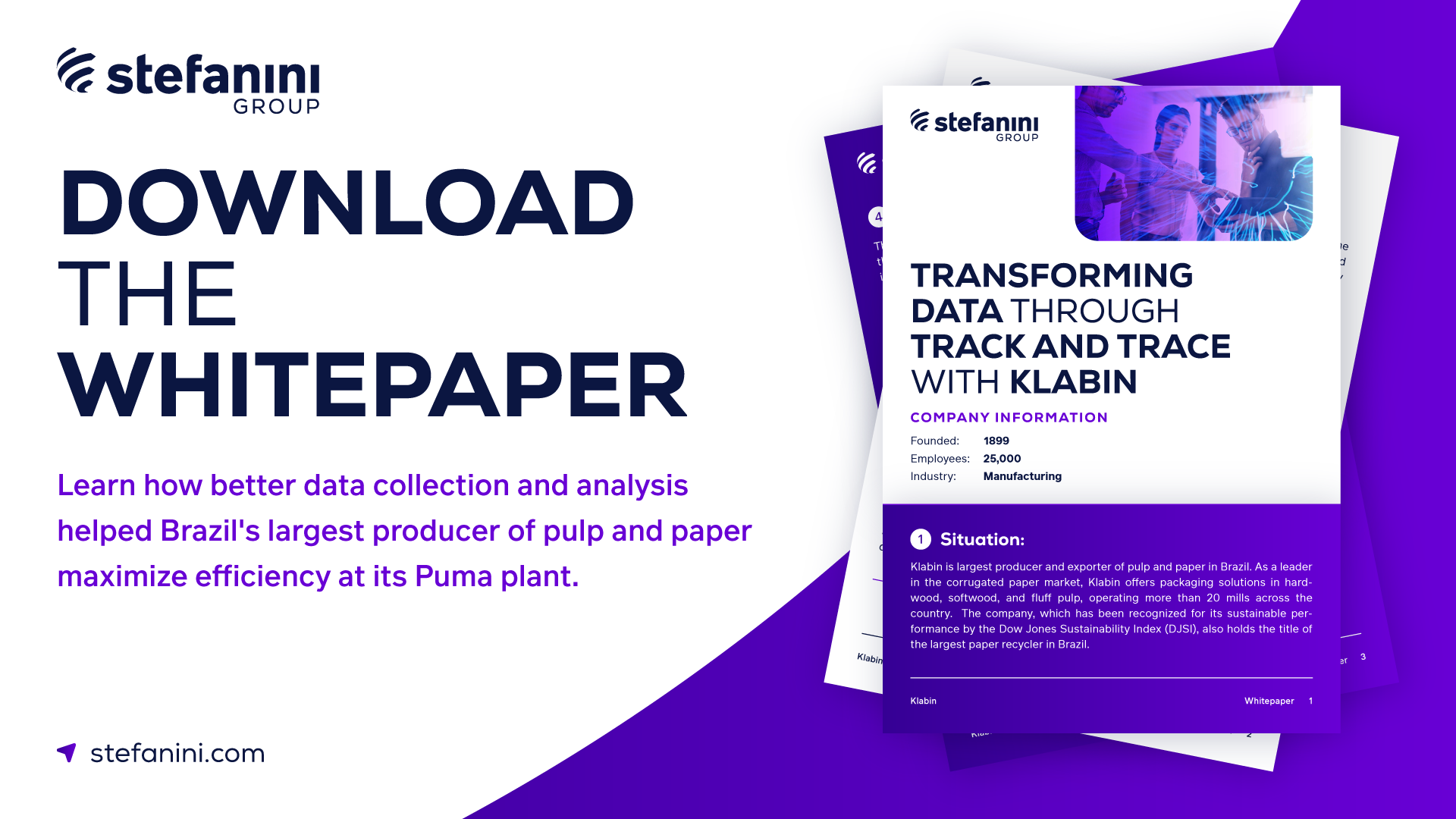Blockchain, the ninth trend on Gartner’s Top 10 Strategic Tech Trends for 2020 list, is a series of blocks linked together in a chain, with each one storing records of economic transactions. With blockchain, people can make transactions globally without any reliance on a central authority. Furthermore, blockchain mitigates the risk of identity theft during transactions with its independent verification over a network of nodes responsible for validating transactions in each block. This technology is quite promising when it comes to trust, transparency, reducing costs, improving business ecosystems, and the way industries operate.
Blockchain can trace assets back to its origins, lowering the chances of them being substituted with counterfeit goods. Other benefits of asset tracking include identity management, as well as tracing contaminated food back to the supplier.
In real estate, blockchain could “dramatically reduce the potential for fraud and enable us to access much more data on individual properties and homeowners” Inc.com says. Likewise, blockchain technology has the ability to improve the efficiency of transactions, utilizing cryptography to create unique individual identities for users and therefore leading to much more secure sharing of consumer financial information. As this type of technology can make information and data more accessible, it can also accelerate the financing of properties by compiling users’ financial records into one location.
Another area in which blockchain can create improvements is pertaining to title records in buying and selling real estate. The majority of these records are dispersed, and blockchain can be used to create a centralized database for titles. This could work by a process similar to one that Cook County, Illinois used, where digital tokens were provided when a customer purchased a property. The tokens also came with documentation that proved ownership, and thus, this type of scenario could prove that paper deeds are unnecessary, by replacing them with tokens. Additionally, blockchain technology can create and sustain business agreements through smart contracts and automation.
According to Gartner, there are five key elements of the blockchain model: “a shared and distributed ledger, immutable and traceable ledger, encryption, tokenization and a distributed public consensus mechanism.” According to Forbes, David Cearley, vice president and Gartner Fellow, notes that with blockchain still in its infancy stages, enterprises face some technical challenges, including poor scalability and interoperability. But its potential for success is enough for companies to delve into the technology, even if they don’t adopt it right away.
What does this mean for your business? Begin preparing for the acceptance of blockchain so you can start taking advantage of its benefits when it’s ready to launch.
Gartner highlights several use cases for blockchain:
1. Asset Tracking
To identify the location and ownership of physical assets accurately, they must be tracked through the supply chain (e.g., tracking of automobiles through loan processes and artworks postsale).
2. Claims
This category simply involves automated claims processing in automobile, agriculture, travel, and life and health insurance, as well as other claims like processing product recalls.
3. Identity Management/Know Your Client (KYC)
This category emphasizes the importance of records being securely tied to an individual. Such records may include patient health or election identity.
4. Internal Record Keeping
The data to be secured stays internal (e.g., master data management, internal document management, and treasury record keeping).
5. Loyalty and Reward
The use cases in this area cover the tracking of loyalty points for retailers, travel companies, etc. In addition, it provides internal rewards to employees or students.
6. Payment/Settlement
This involves a payment between parties, or settlement of a trade. For instance, “royalty payments, stock settlements, interbank payments, commercial lending, procure-to-pay processing and remittance processing.”
7. Provenance
In this category, the goal of tracking assets is to see the full history and ownership of the asset (e.g., tracking biological samples and organs, or identifying the origin of food and drinks).
8. Shared Record Keeping
In this area, security is crucial when data is being shared among participants (e.g., corporate announcements, multiparty hotel booking management, recording of flight data and regulatory reporting).
9. Smart Cities/the IoT
Blockchain provides data tracking, and controls functions for smart spaces or IoT solutions, including peer-to-peer energy trading or smart grid management for example.
10. Trade Finance
Whether it is managing letters of credit or facilitating cross-border trade, the goal in this category is to make the process of financing trades more efficient.
11. Trading
This category is all about enhancing the process of buying and selling assets. For instance, trading of private equity or sports trading.
Blockchain has serious potential. Therefore, Gartner advises you to begin exploring the technology, regardless of when you plan to adopt it. Gartner’s approaches to blockchain development include: “a clear understanding of the business opportunity threat and potential industry impact; a clear understanding of the capabilities and limitations of blockchain technology; a reevaluation of your enterprise and industry trust architecture; the necessary vision and skills to implement the technology as part of core business strategy; a willingness and capability for customers to accept and adopt new operational construct.”
Want more insight into blockchain technology? As always, Stefanini is here to service all of your needs. Contact us today.
References:
Gartner: Top 10 Strategic Technology Trends for 2020
Gartner: Gartner Top 10 Strategic Technology Trends for 2020
Forbes: Three Ways Blockchain Could Transform Real Estate In 2018
Inc.: Don’t Miss these 5 Real Estate Tech Trends in 2018
Bitcoin Magazine: Chicago’s Cook County to Test Bitcoin Blockchain-Based Property Title Transfer
With over 30 years of expertise in the technology market, Stefanini drives business in companies of all sizes.
Contact us today to take advantage of the latest technology trends and apply them to grow your business.




















